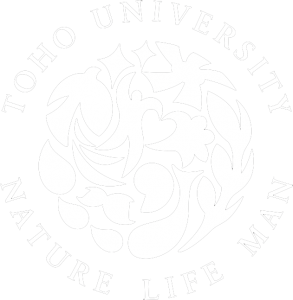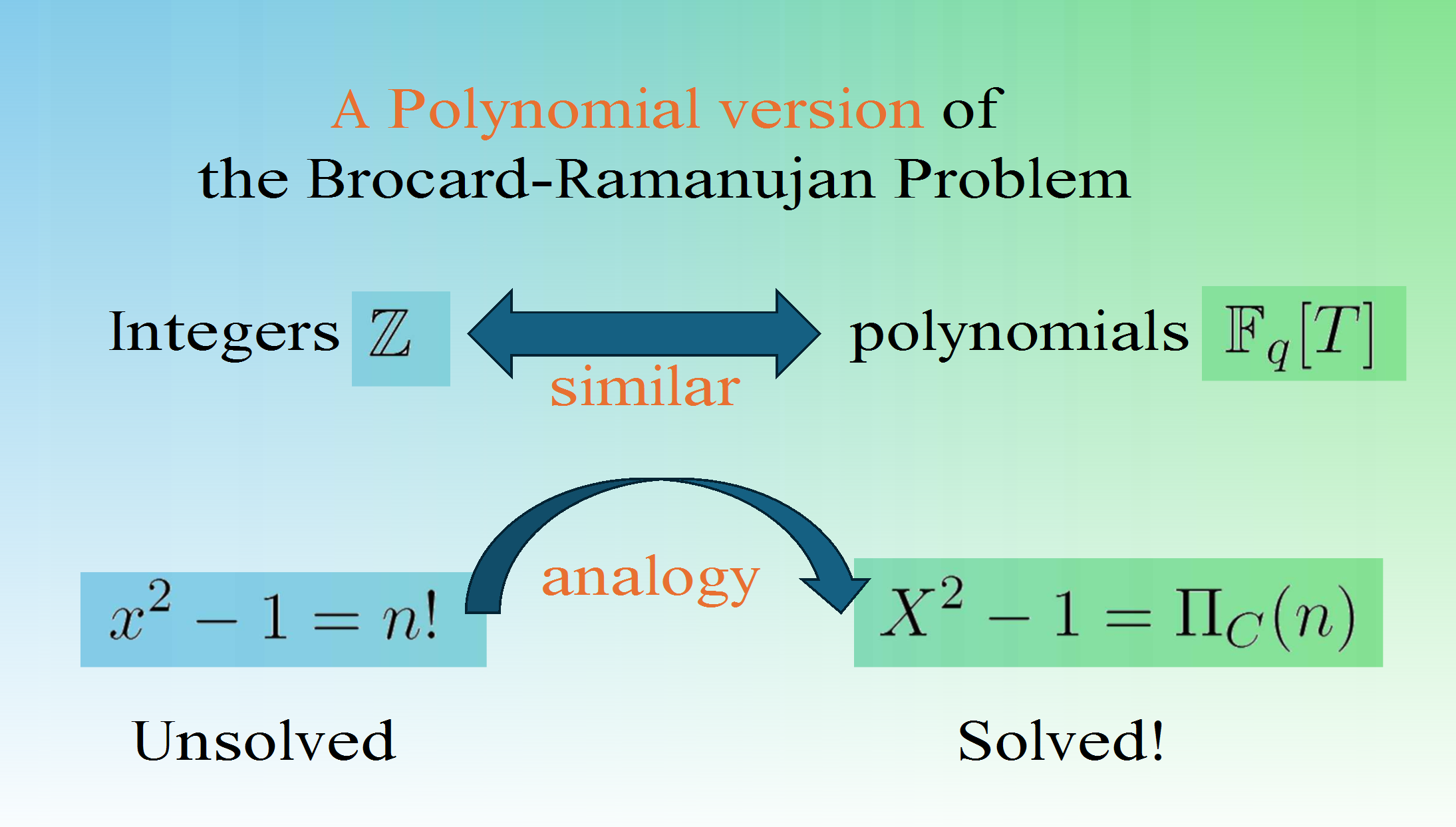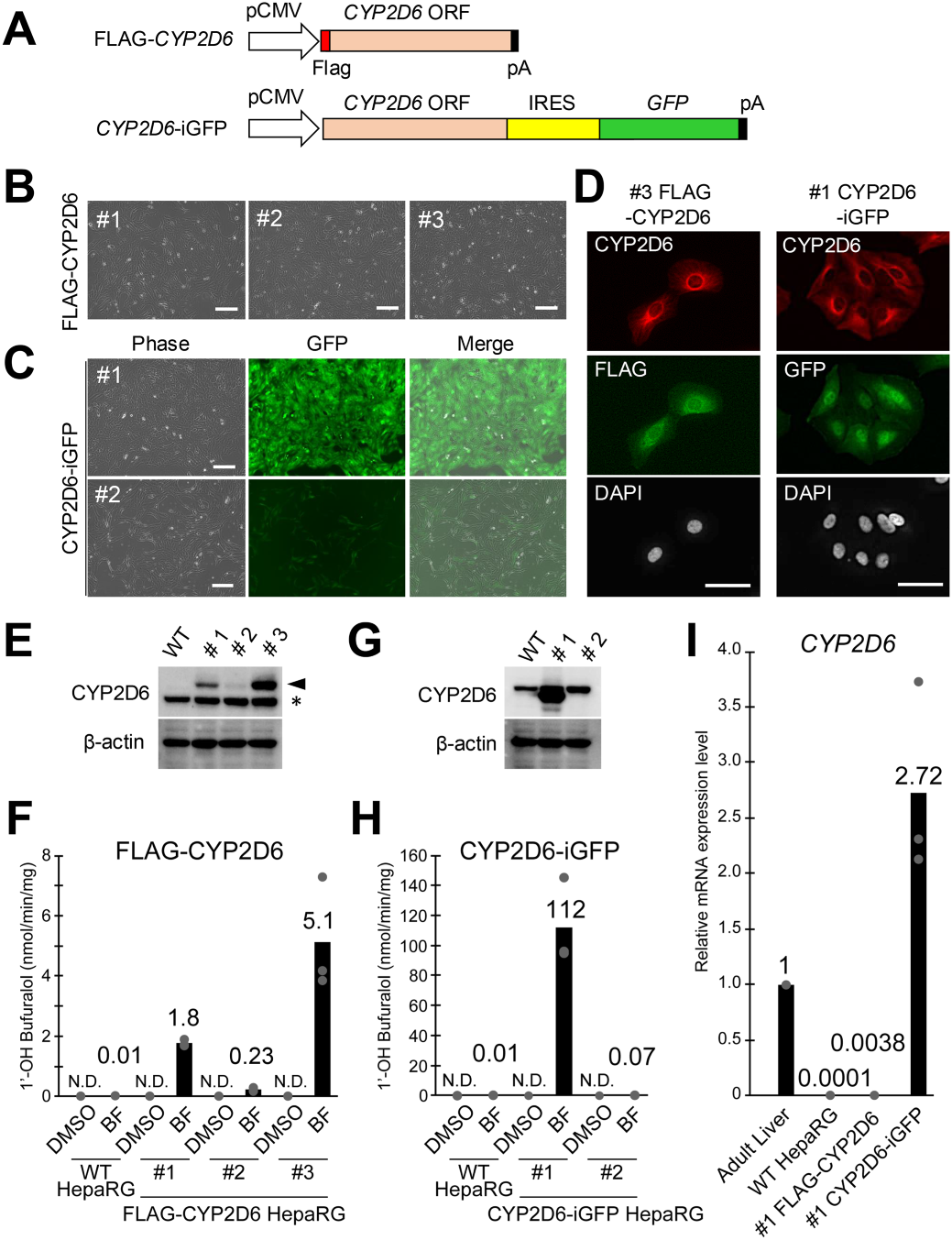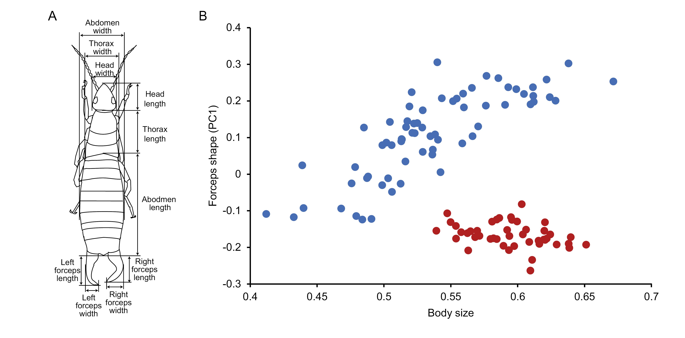May 07, 2025
Discovery of Reduced α-Synuclein in Red Blood Cells of Patients with Dementia with Lewy Bodies
Potential as an Early Diagnostic Biomarker

This finding could be a game-changer for diagnosing DLB, a condition that has traditionally been very challenging for doctors to identify in its early stages. The possibility of developing a simple blood test biomarker capable of early detection of DLB could make a significant difference for patients and their families.
The research findings were published online in The Journal of Biochemistry on April 16, 2025.



This finding could be a game-changer for diagnosing DLB, a condition that has traditionally been very challenging for doctors to identify in its early stages. The possibility of developing a simple blood test biomarker capable of early detection of DLB could make a significant difference for patients and their families.
The research findings were published online in The Journal of Biochemistry on April 16, 2025.
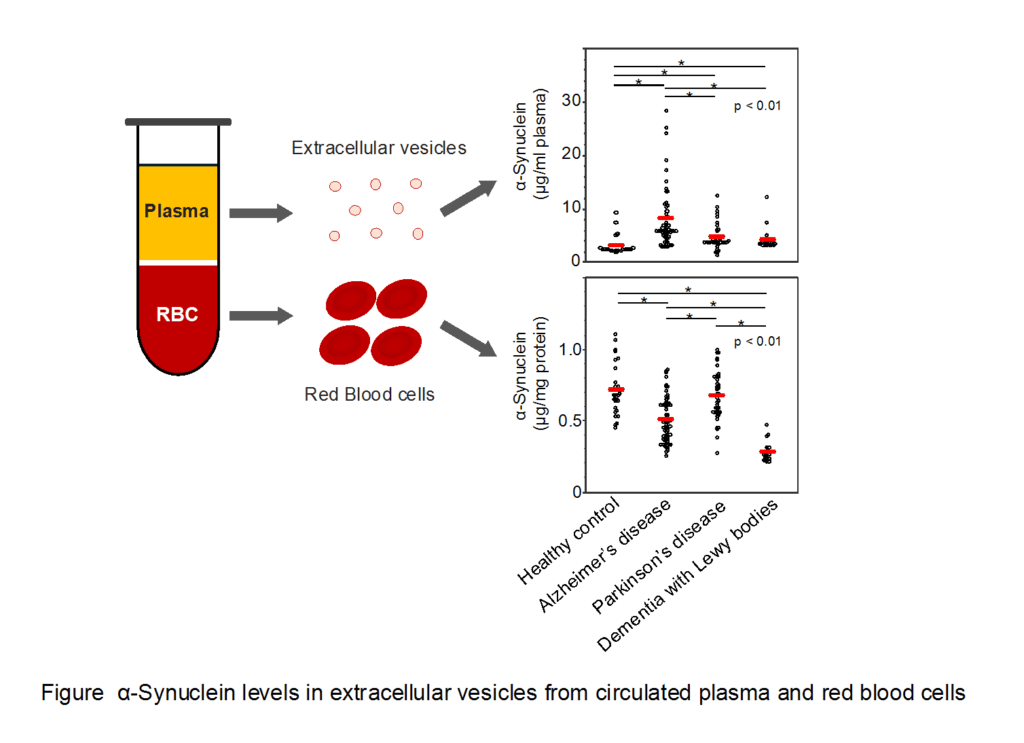

Key Research Findings
- Lower protein levels in DLB patients: The study revealed that people with DLB have notably less α-synuclein in their red blood cells than healthy individuals or patients with Alzheimer’s and Parkinson’s diseases.
- The researchers also found that α-synuclein levels are elevated in tiny cellular packages called extracellular vesicles (small membrane-bound particles that cells release) found in the liquid portion of blood (plasma) in patients with Alzheimer’s disease, Parkinson’s disease, and DLB compared to healthy people.
- These findings could lead to the development of a blood-based test that would allow doctors to diagnose DLB much earlier than the current methods permit, potentially improving treatment outcomes and patient care.
Journal:
The Journal of Biochemistry (Online publication: April 16, 2025)
Title:
The potential of erythrocyte α-synuclein to differentiate dementia with Lewy bodies from Parkinson’s and Alzheimer’s diseases
Authors:
Ryosuke Amagai, Ryunosuke Hosoi, Sakura Yoshioka, Taiki Maruyama, Takayuki Kawai, Soroku Yagihashi, Hitoshi Nukada, Ryuji Sakakibara, Ayako Okado-Matsumoto*
DOI:
10.1093/jb/mvaf017
The Journal of Biochemistry (Online publication: April 16, 2025)
Title:
The potential of erythrocyte α-synuclein to differentiate dementia with Lewy bodies from Parkinson’s and Alzheimer’s diseases
Authors:
Ryosuke Amagai, Ryunosuke Hosoi, Sakura Yoshioka, Taiki Maruyama, Takayuki Kawai, Soroku Yagihashi, Hitoshi Nukada, Ryuji Sakakibara, Ayako Okado-Matsumoto*
DOI:
10.1093/jb/mvaf017
READ MORE RESEARCH NEWS - SCIENCE
ACADEMICS
Undergraduate Programs
– Medicine
– Pharmaceutical Sciences
– Science
– Nursing
– Health Science
Graduate Programs
–Medicine
–Pharmaceutical Sciences
–Science
–Nursing
Undergraduate Programs
– Medicine
– Pharmaceutical Sciences
– Science
– Nursing
– Health Science
Graduate Programs
–Medicine
–Pharmaceutical Sciences
–Science
–Nursing
RESEARCH
– News
– Guidelines & Policies
– Support Offices
– Facilities
– Security Export Control
Non-Degree Programs
– Clinical Elective Program
– International Physician Observership Program
